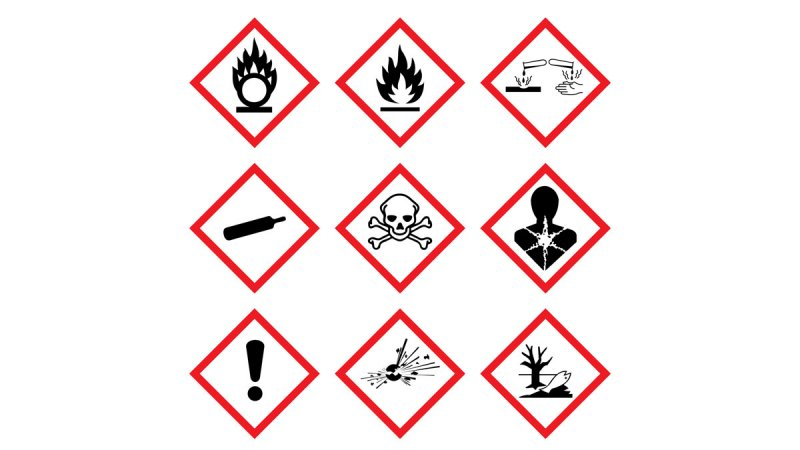
VinciWorks GDPR Training Course
With so much GDPR compliance to get done, figuring out a training schedule for staff can seem like an impossible nut to crack. That’s why VinciWorks have made it as easy as possible to figure out what staff need trained on what, when and how often.
VinciWorks’ flagship online training course, GDPR: Privacy at Work does the hard work for you with a unique course builder and training modules specifically tailored to every role in an organisation. With thousands of possible course combinations available, it’s the sure-fire way to get the right training in front of the right staff at the right time. Our GDPR training suite provides further GDPR courses and knowledge checks.
VinciWorks has developed an entire suite of helpful GDPR resources to guide your organisation on its way to compliance. For a more in-depth look at training requirements for different departments and job roles, review our suggested schedule below that includes what resources to roll out post-GDPR to assess comprehension and understanding.
GDPR training schedule
[table id=4 /]
GDPR compliance tools checklist
VinciWorks’ additional tools and resources will help guide and support GDPR compliance. Review the additional resources we have below and what will be useful for whom. The resources below are all available on the GDPR resource page.
[table id=5 /]














